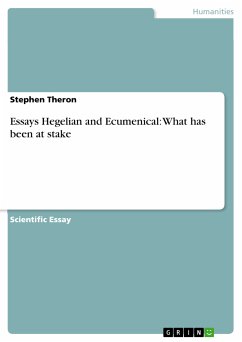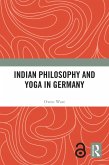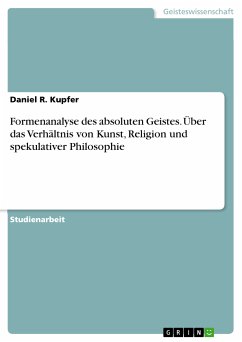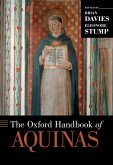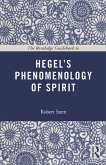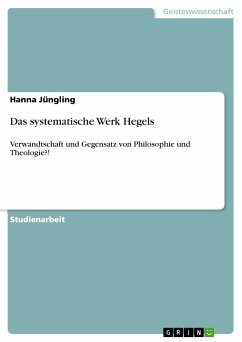Scientific Essay from the year 2008 in the subject Philosophy - Philosophy of the 19th Century, grade: keine, , language: English, abstract: When we question the reality of time we do so in favour of something richer, measuring more fully up to experience, not something poorer. Timelessness, therefore, signifies indeed an absence of time, but in favour of something else which will be more and not less dynamic. We could not, for example, accept a view which represented us vibrant human beings as like immobile statues. One reason for our confidence in saying this is that, contrary to popular assumption, the doctrine of God was never one of immobility, even where it was one of immutability. In Western and Christian thought God is necessarily a Trinity, a universe of relations, that is to say. Here the Father speaks the Word, the Word proceeds, their mutual love pours forth (spirates) perpetually. Such uttering, equated with begetting or generation, is what the Father is. He was not, is not, anything prior to this generating. Therefore any event that we experience, be it our own perception of something, or any event at all, is so to say undercut and supported by, as having at its heart, this eternal utterance or generation of the Word in which all things are contained. The very newness of things reflects eternal novelty and freshness, and thus time is eternal reality's image and cipher, not its negation merely. If therefore anyone would replace this religious view with, as in absolute idealism, a universe of immortal spirits, ourselves, in perpetual mutual relation, then should he or she not say, as preserving the insight of theology, that we in some way generate one another perpetually? We do not just find ourselves passively there. How could we? But nor is the individual alone responsible for all else. Rather, we must be as necessary to the whole community as the community is necessary to us. It could not exist without me, or you, and nor could I without it. We are "begotten" from one another, yet each has his own energy which is yet one with that of the whole. [...]
Bitte wählen Sie Ihr Anliegen aus.
Rechnungen
Retourenschein anfordern
Bestellstatus
Storno

